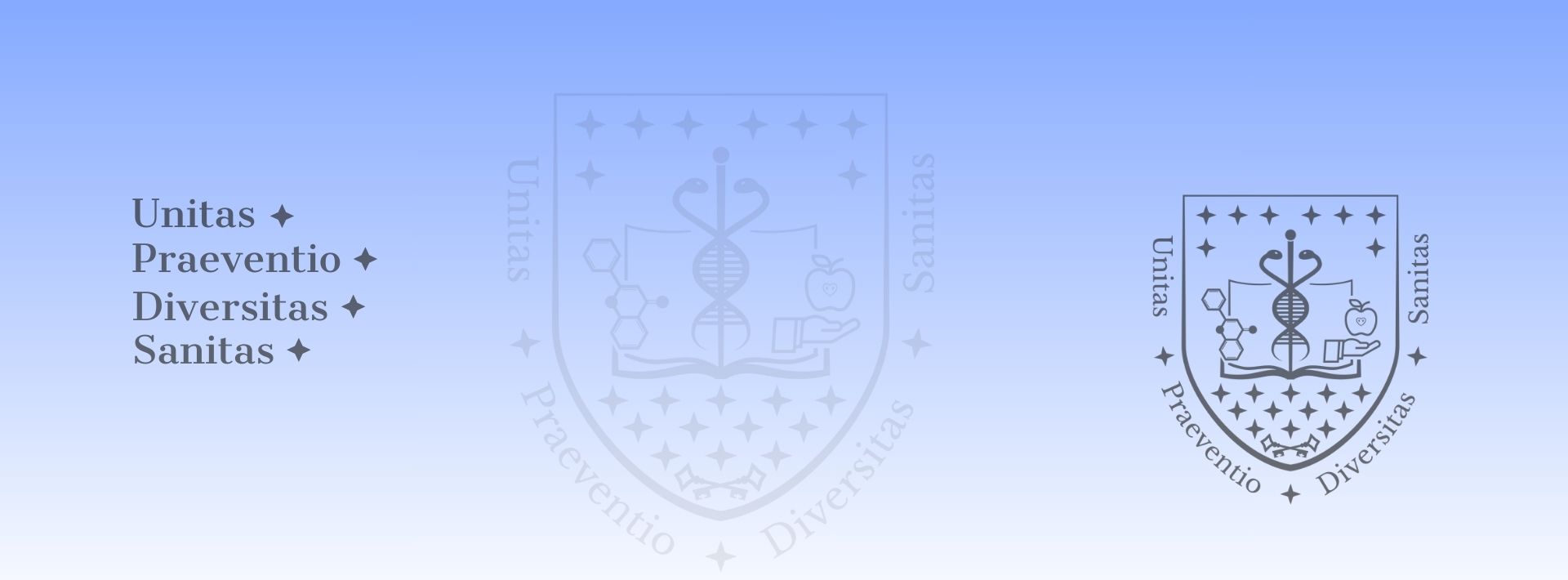Data
Official data in SubjectManager for the following academic year: 2024-2025
Course director
-
Lelovics Zsuzsanna
associate professor,
Department of Public Health Medicine -
Number of hours/semester
lectures: 12 hours
practices: 0 hours
seminars: 0 hours
total of: 12 hours
Subject data
- Code of subject: OAF-BTT-T
- 1 kredit
- General Medicine
- Optional modul
- autumn
-
Exam course:Course headcount limitations
min. 5 – max. 20
Available as Campus course for . Campus-karok: ÁOK GYTK TTK
Topic
A conscious and rich diet can be a source of great pleasure but unhealthy lifestyle and eating habits can lead to disease. Additionally, individual behaviour is increasingly important when it comes to health. The topics covered in this subject will provide you with the knowledge to develop critical thinking for health-conscious eating. The course provides students with useful information that will help them navigate in a concise way through nutrition science and the inseparable world of food and the food industry. Nutrition knowledge has evolved enormously in recent years, and marketing and media skills have put 'basic truths' in a different light. After a brief historical overview, we will learn about macro- and micronutrients and their role in metabolism. Furthermore, individual nutrient requirements are discussed, as well as the pathogenic role of proportionally inappropriate diets and over-consumption.
Lectures
- 1.
Introduction. Terminology of nutrition science. Interpreting nutrition tables
- Lelovics Zsuzsanna - 2.
Nutrient composition: macronutrients.
- Nemeth Laura Gabriela - 3.
Composition of food: micronutrients.
- Nemeth Laura Gabriela - 4.
Nutrient requirements. Healthy eating, principles.
- Nemeth Laura Gabriela - 5.
Specific issues of healthy eating - by life stage (child, adult, pregnant, elderly).
- Nemeth Laura Gabriela - 6.
Fluid needs, fluid intake.
- Lelovics Zsuzsanna, Nemeth Laura Gabriela - 7.
Dietary supplements, functional and special foods. Superfoods.
- Lelovics Zsuzsanna, Nemeth Laura Gabriela - 8.
Fast food. Junk food. Additives. E-numbers.
- Lelovics Zsuzsanna, Nemeth Laura Gabriela - 9.
Lifestyle and exercise.
- Lelovics Zsuzsanna, Nemeth Laura Gabriela - 10.
Diet-related non-communicable diseases. Obesity.
- Nemeth Laura Gabriela - 11.
Non-traditional dietary trends. Nutritional fads. Nutrition science on the Internet.
- Nemeth Laura Gabriela - 12.
Food safety. Food law. The food label.
- Lelovics Zsuzsanna
Practices
Seminars
Reading material
Obligatory literature
Hand-outs will be given.
Literature developed by the Department
Moodle. Teams.
Notes
Lecture materials by the teacher.
Recommended literature
Allen, L. H. – Prentice, A. – Caballero, B.: Encyclopedia of human nutrition. 2013.
Zimmermann, M.: Burgerstein’s handbook of nutrition. Stuttgart: Thieme, 2001.
Conditions for acceptance of the semester
Maximum of 15% absence allowed.
Mid-term exams
Written test.
Making up for missed classes
As discussed with the lecturer.
Exam topics/questions
–
